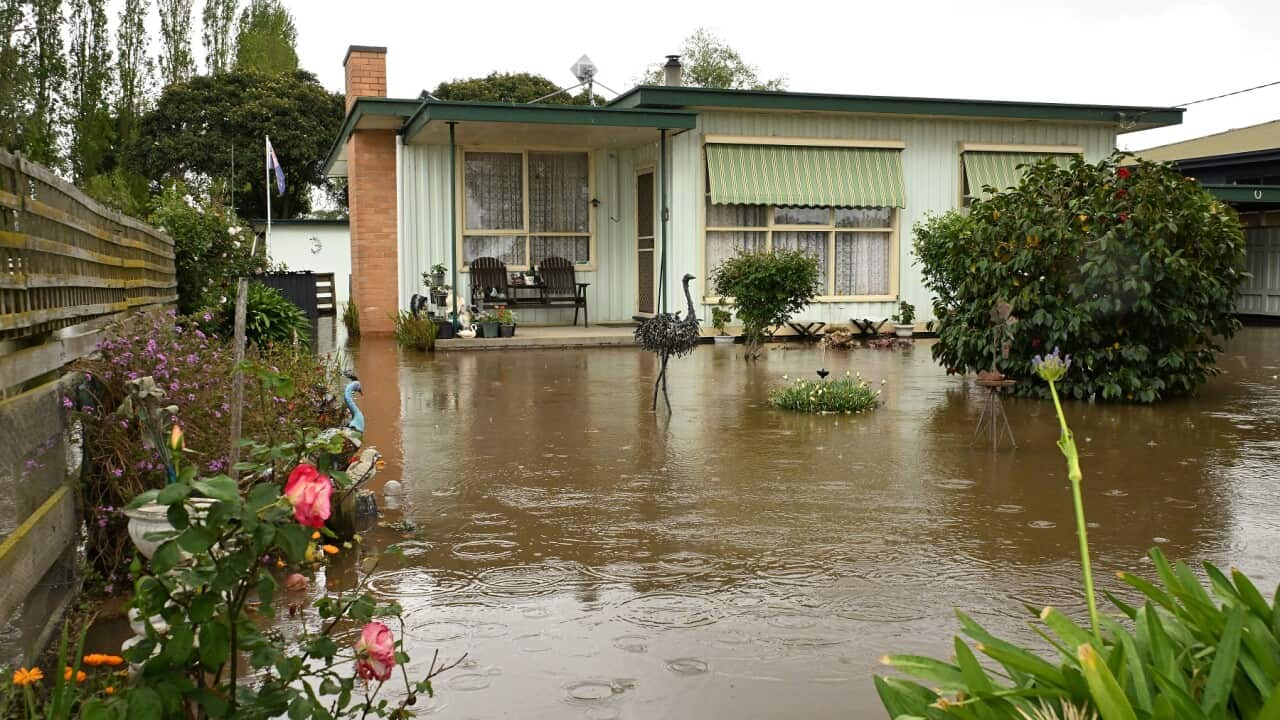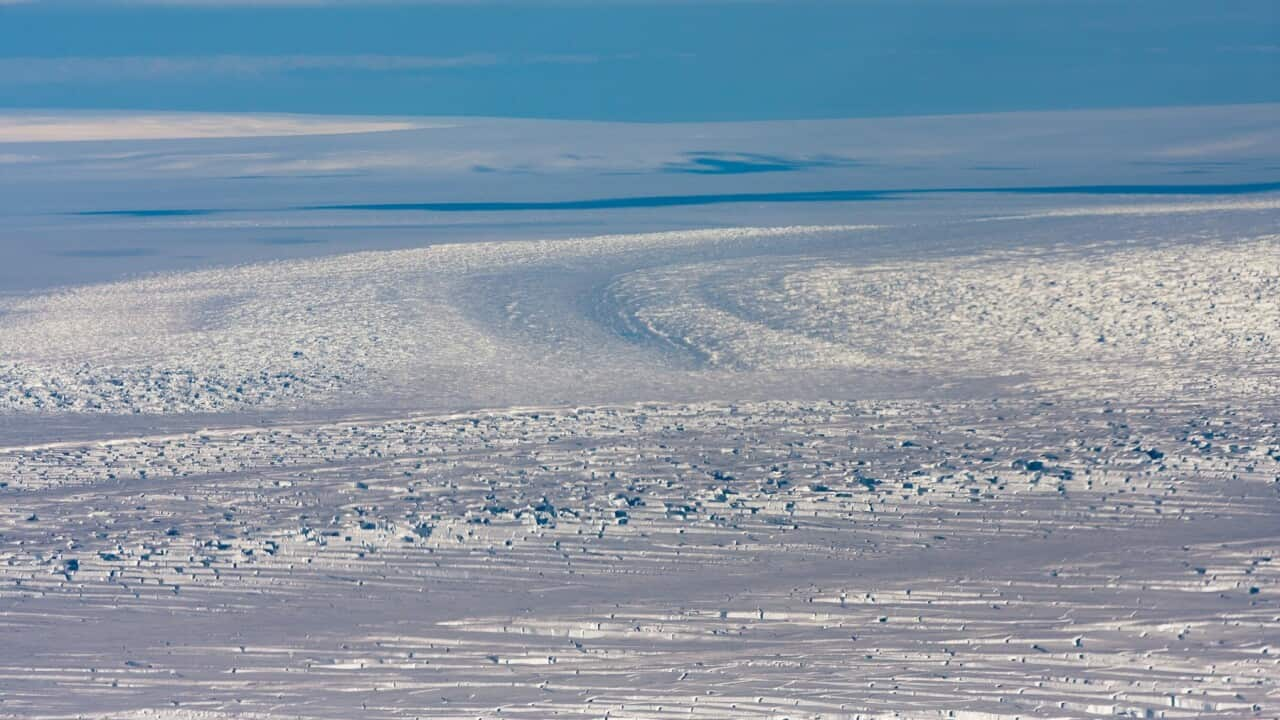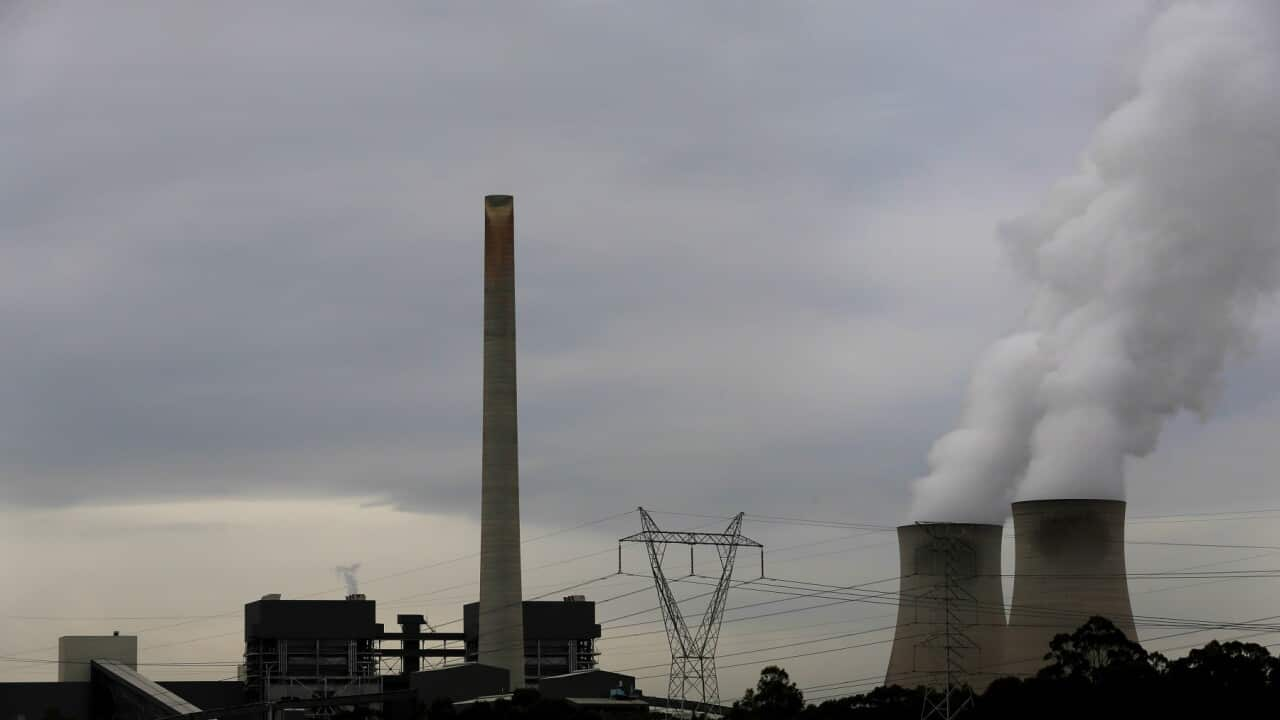TRANSCRIPT:
Recurrent riverine floods have been leaving a trail of devastation in their wake.
Seven people were killed in wild weather around Queensland near Christmas, with homes and roads also damaged.
Victoria and parts of New South Wales have also been hit with severe storms.
University of New South Wales water engineering professor Ashish Sharma says these extreme floods are likely to worsen - because of climate change.
"Yes, the extreme floods will get worse. But at the same time, the soils will get drier. So the known extreme floods, the slightly mild moderate flood events, which are responsible for filling up our dams, they will actually get less significant. So it's like a double whammy, we are having the security implications because extreme floods are getting bigger, and we are having the water security implications because the actual inflow into reservoirs is decreasing."
The changing weather has led to increasing calls for better disaster preparation.
William Prentice is the Queensland Director of Floodplain Management Australia.
"Flood planning is the best defence in that we don't put people in harm's way to start with. Once we have developed parts of the floodplain and established our communities within areas that might be in the way or where floodwaters could inundate our catchments, then we have to look at other measures like structural mitigation, levees, dams. Or we need to look at response measures, disaster management, emergency services, that type of thing. So it's always a good principle to avoid putting people in harm's way to make room for water, and to ensure that our catchments are well managed for the future."
For Dr Erin O’Donnel, a water law expert at the University of Melbourne, that kind of careful preparation has not been happening to the extent that it should.
"It absolutely does show a failure of water regulation, because what we're seeing is a lack of connection between land use planning - which has enabled people to build on floodplains - and water regulation, which is the the laws and statutes by which we actually control and manage the way that water is used. So we're not connecting the dots on these things. We continue to allow people to build in unsafe places, and we're not telling people enough about their flood risks."
The concern is that proximity to floodplains is making some homes un-insurable, and costing state and federal governments billions of dollars in disaster support.
Professor Sharma says there is still time to prevent the worst from happening.
"I think we definitely have the time and the capacity to make changes. Changes are definitely possible, part of the changes are just infrastructural changes, you know, changing our flood design principles, changing stormwater drains, capacities, changing all sorts of similar infrastructure that is in place. And the second thing is putting new infrastructure in place where changes might not be possible, thinking about green infrastructure, thinking about ways of reducing the flood peaks."
The National Cabinet has promised to ensure that development no longer takes place on flood plains.
Prime Minister Anthony Albanese has also said his government is already confronting the climate change challenge.
" Well, it needs a global response. That is something - an area where people across this debate are right on. But Australia won't have credibility unless we're seen to be putting our shoulder to the wheel as well. My government is doing that with the shift as well to a clean energy economy."
Dr O'Donnel says redesigning our approach to urban engineering must be taken seriously.
"At the national level, we've started to see a commitment being made. But we're not seeing that implemented anywhere near far enough or fast enough. Relationship with rivers is something that a lot of people value, and so that brings us into close proximity to rivers. Significantly shifting that would have impacts on property prices; it would be a significant upheaval for a lot of people to move people out of floodplains. So it's a really politicised issue and that does make it very challenging for governments."
She also says that Australia should consider relying on ancestral Indigenous knowledge.
"Traditional Owners have been living with dynamic rivers as they flood and expand and contract for millennials. And so there is a lot that settler Australia could learn from traditional owners about the way to build a safe, respectful relationship with rivers."













